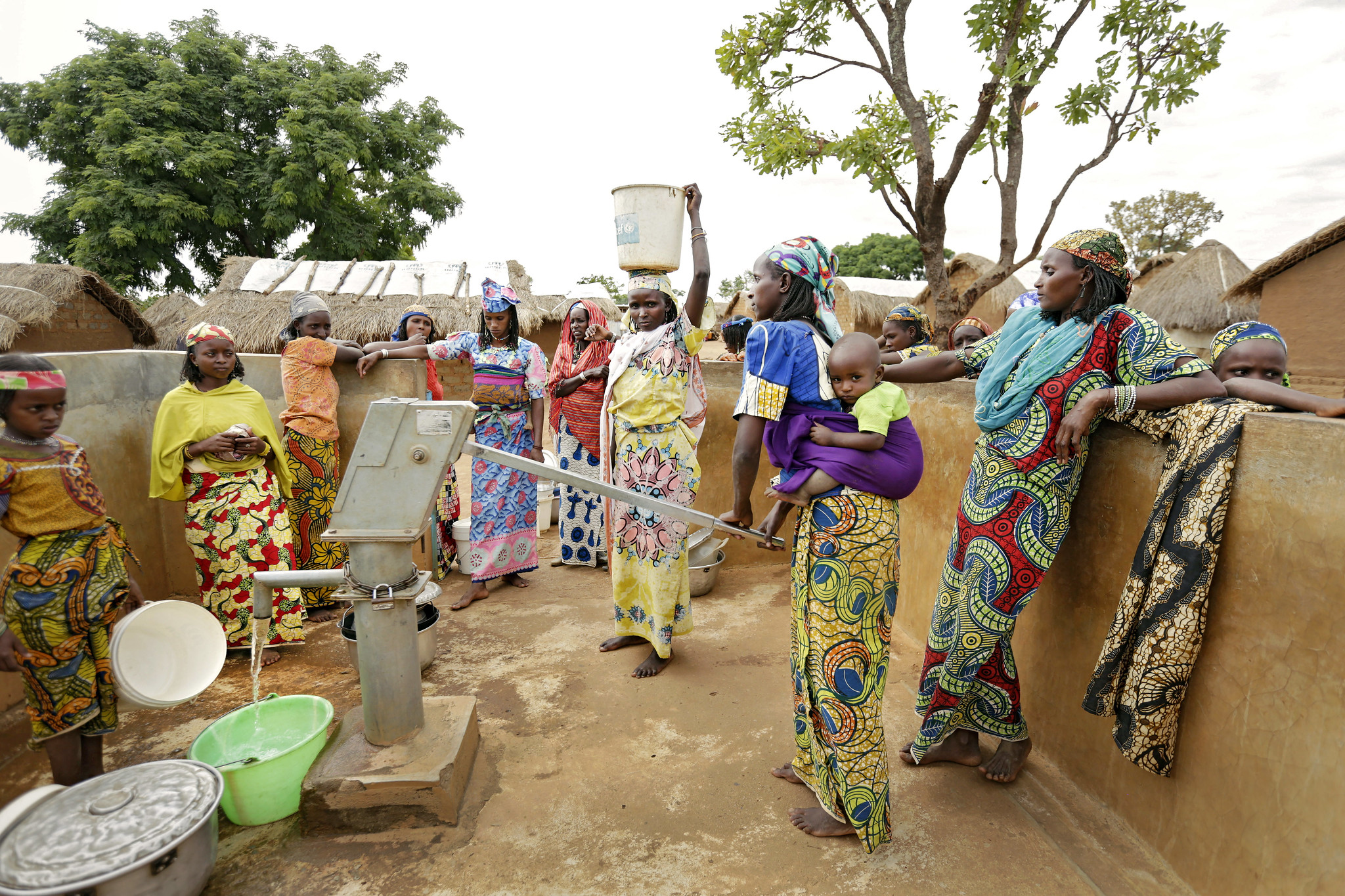CGIAR and Interpeace Launch Innovative Dashboard to Promote Peace through Climate Finance

In the face of increasing climate threats and security challenges, International Financial Institutions (IFIs) and climate funds are responsible for aiding regions where climate vulnerabilities intersect with fragility and conflict. Recent research indicates that a staggering 40% of the 1.3 billion people worldwide exposed to climate hazards reside in fragile and conflict-affected settings. In other words, climate change disproportionately impacts those already suffering from conflict and fragility. This is why finance must reach those affected by this double burden.
Responding to this critical issue, UNFCCC-affiliated funds are mandated to allocate substantial resources to these vulnerable zones. This can only be successful, however, if climate finance is conflict sensitive. Without such strategies, there is a considerable risk of funds failing to reach those most susceptible to the combined impacts of climate and security threats or, even worse, unintentionally worsening local grievances and intensifying exclusionary practices.
At the same time, there is an opportunity (and responsibility) for climate action to positively contribute to trust building and stability. This is achieved by going beyond conflict sensitivity to deliberately contribute to peace by supporting inclusive, gender-responsive, locally-led change, strengthening communities’ resilience to conflict and violence.
A Tailored Peace-responsiveness Tool for Climate Initiatives Unveiled at COP28
To address this multifaceted challenge, CGIAR and Interpeace in partnership developed the Climate Security Programming Dashboard for Climate Finance (CSPDxCF) , an innovative tool aimed at assisting countries, organisations, and businesses to evaluate the conflict sensitivity of their proposed climate mitigation and adaptation projects when seeking funding from IFIs and climate funds. CSPDxCF combines an individual risk profile responding to project characteristics with tailored conflict sensitivity and peace responsiveness guidance. The dashboard has been developed under the framework of CGIAR’s Climate Resilience (ClimBeR) and the Fragility, Conflict and Migration (FCM) Initiatives.
Drawing from CGIAR's expertise in climate science and Interpeace's experience in supporting peacebuilding processes in some of the most climate-vulnerable places, CSPDxCF aspires to improve fund delivery to communities most at risk, ensuring that climate initiatives contribute to both climate resilience and peace.
CSPDxCF was launched during the 28th Climate Change Conference (COP 28). The COP28 panel discussion gathered strategic partners such as the African Development Bank Group (AfD), the Green Climate Fund (GCF), the Islamic Development Bank Group (IsDB), and the U.S. Agency for International Development (USAID).
"A deeper understanding of the specific challenges faced in delivering climate finance in fragile and conflict-affected settings is needed; we need tailored and cross-sectoral, collaborative approaches", said Al-Hamndou Dorsouma, Manager of Climate and Green Growth, at AfDB. In addition, Abdi Abdullahi, Manager of the Fragility and Resilience Division of IsDB Group recognised that they will “continue to operationalise a conflict sensitivity-based approach. This dashboard will help us address the issue of prevention".
How CSPDxCF Works
The CSPDxCF is designed to be a user-friendly tool, providing streamlined risk analyses and guidance. The dashboard facilitates an automated, conflict-sensitive advice, spotlighting potential conflict risks and offering tailored strategies for mitigation. This ensures that projects not only address climate concerns but also consider the delicate socio-political contexts.
CSPDxCF is open access and provides preliminary sectorial risk assessments, as well as guidance on conflict sensitivity and peace responsiveness at the project's ideation and design stages, streamlining the planning process. Recognising the complexity of the nexus between climate change and peace, CSPDxCF also includes a thematic series of eight Guidance Notes for Peace-Informed Programming, tailored to the Green Climate Fund’s result areas. The series aims to offer a deeper analysis of the interrelation between each sector with conflict and peace dynamics. The briefs can be accessed here: health, food, water; livelihoods; infrastructure and built environment; ecosystems; energy; transport; buildings, cities, industries; forest and land uses.
